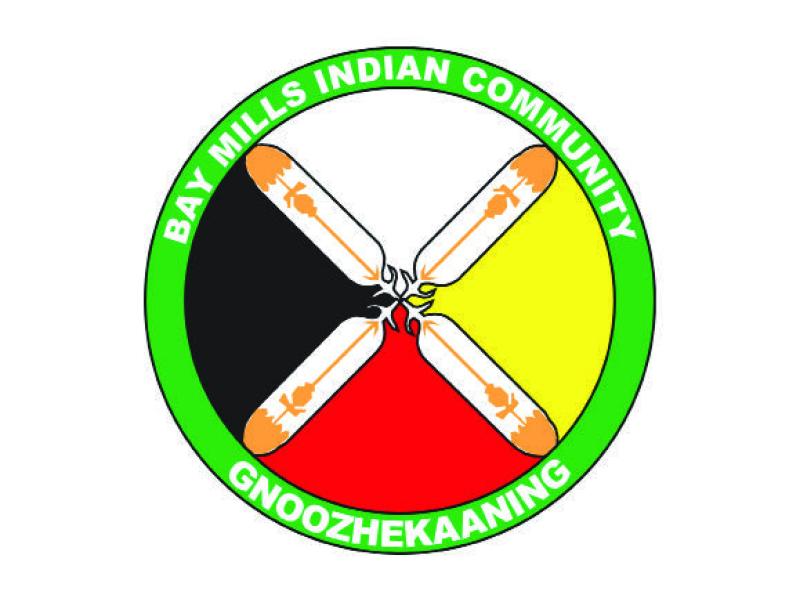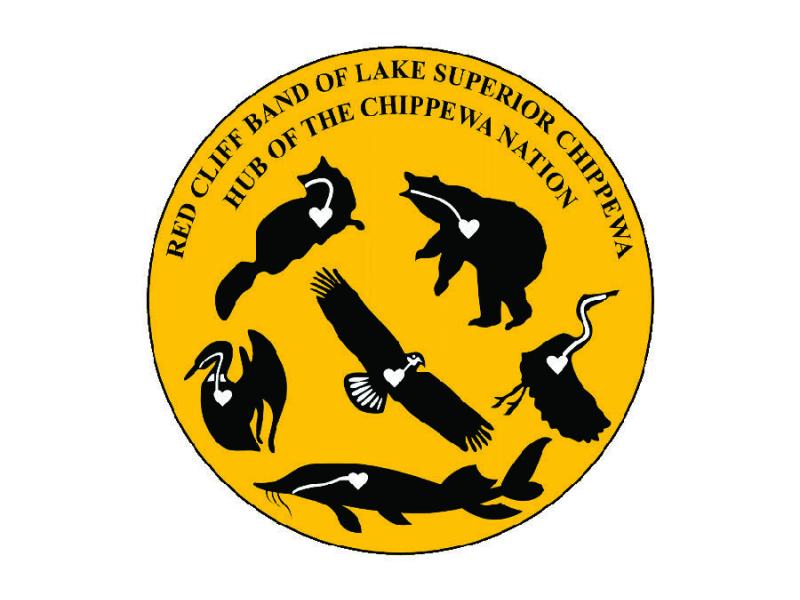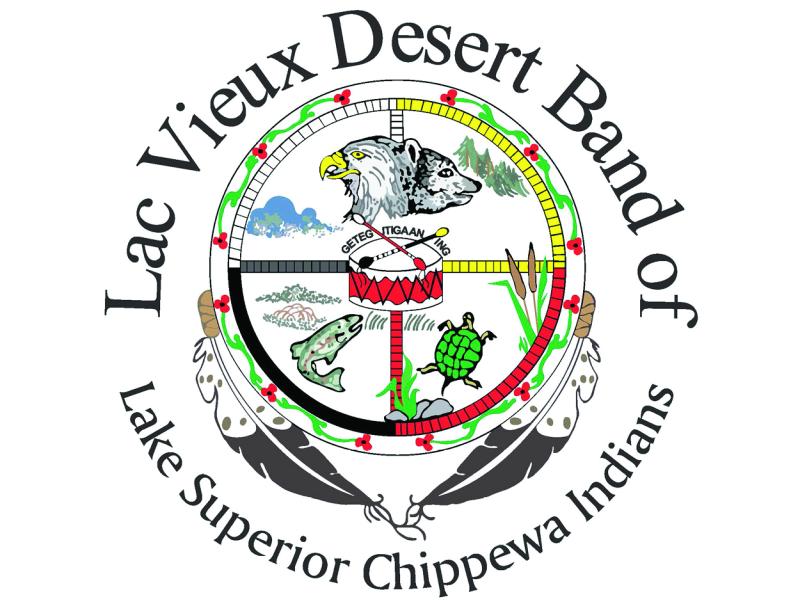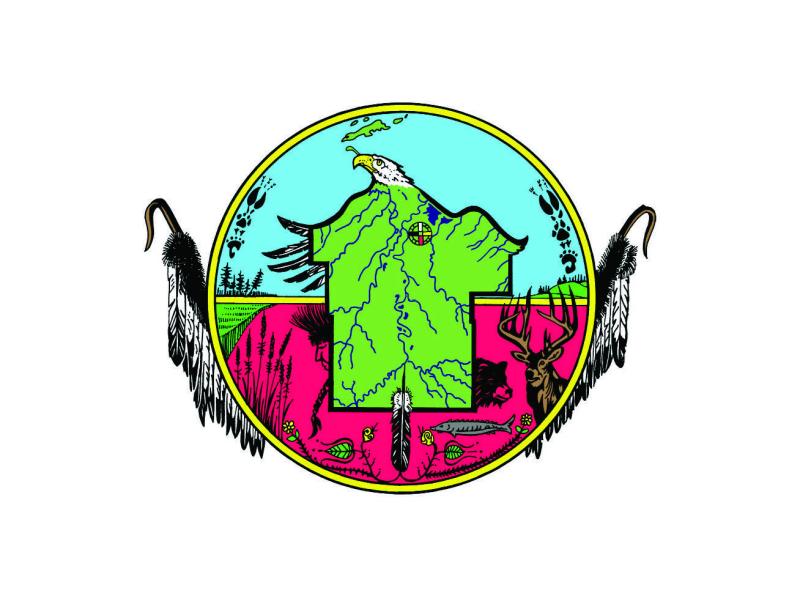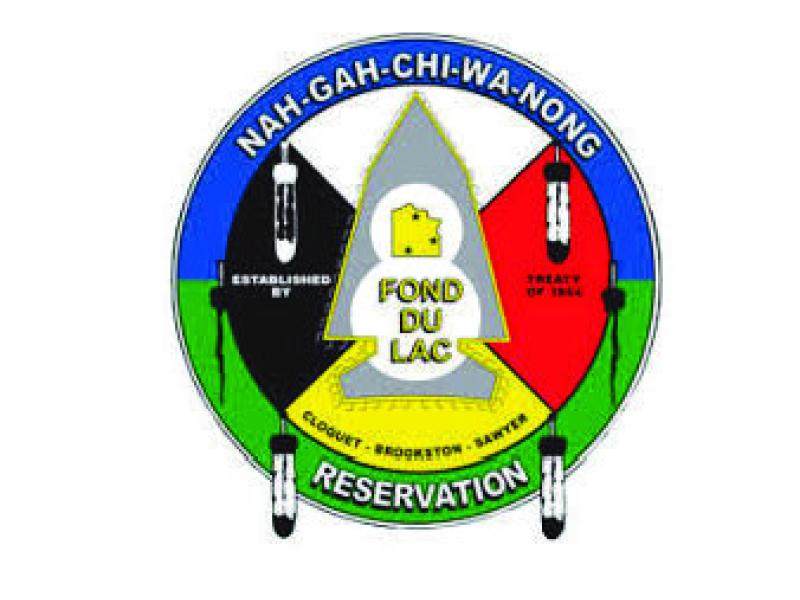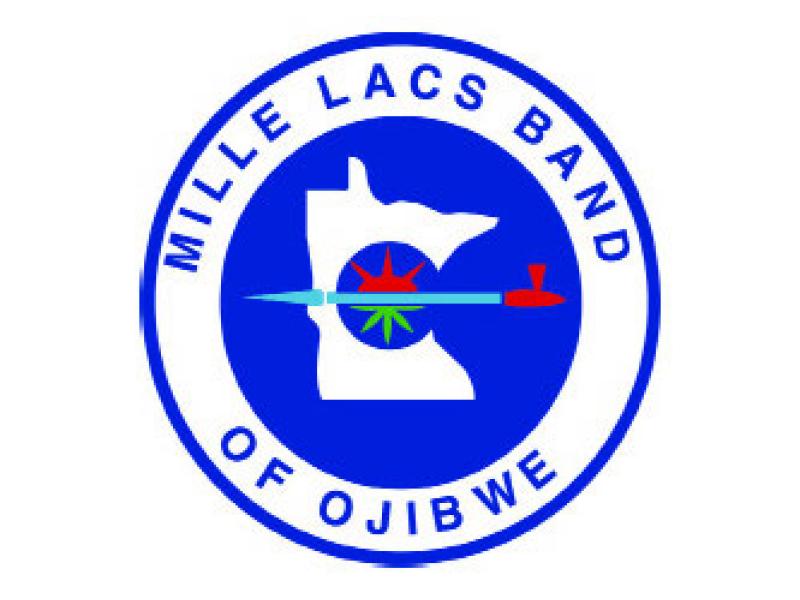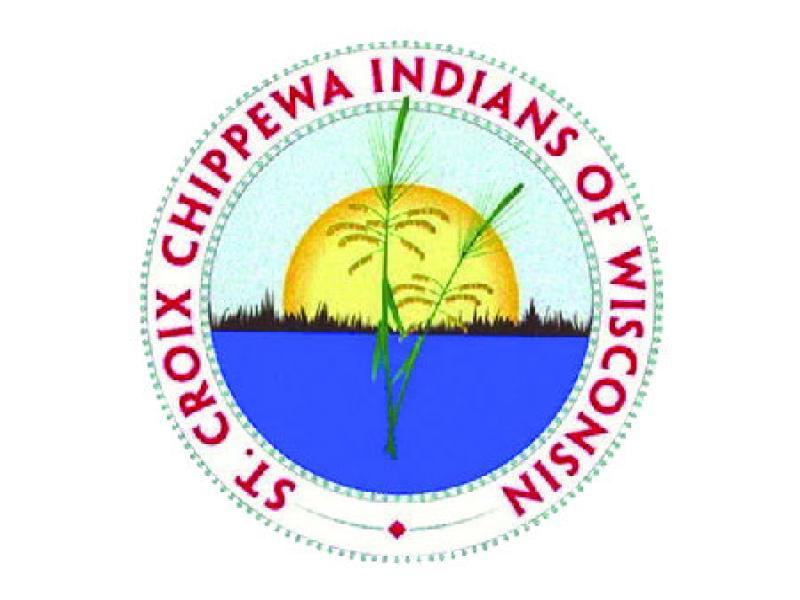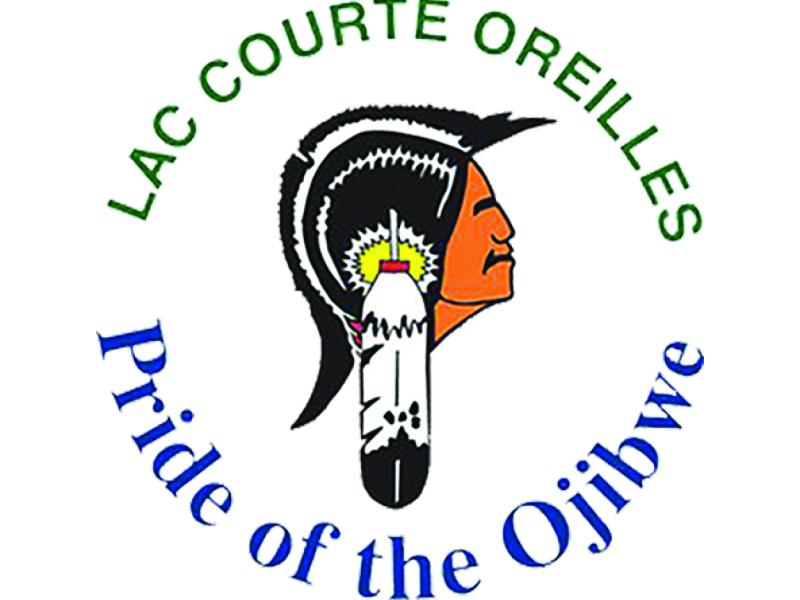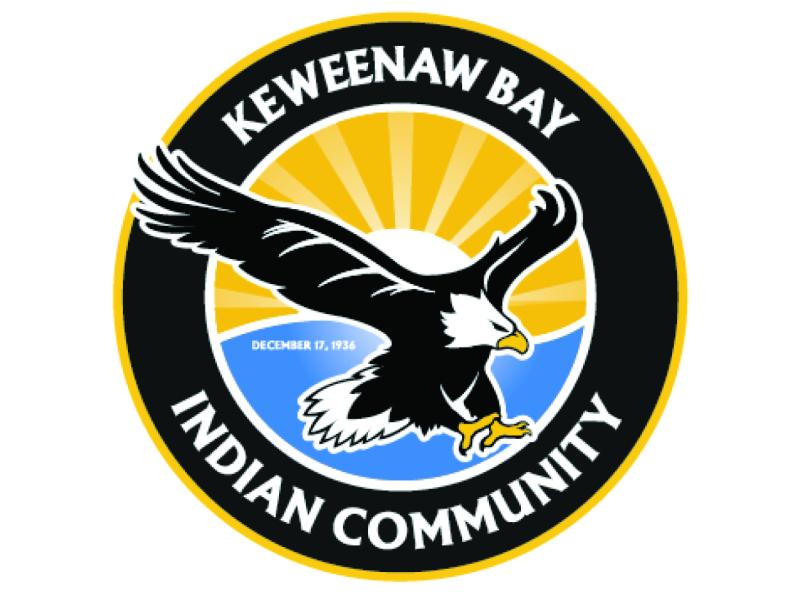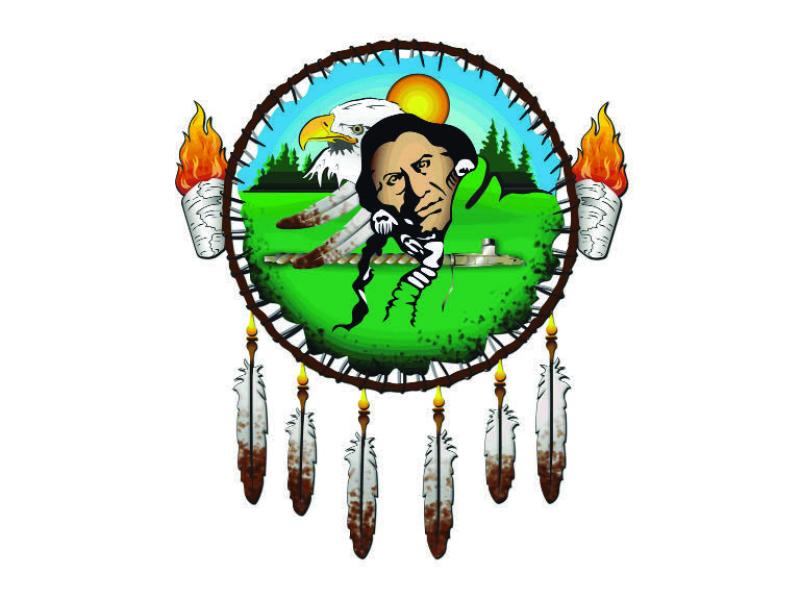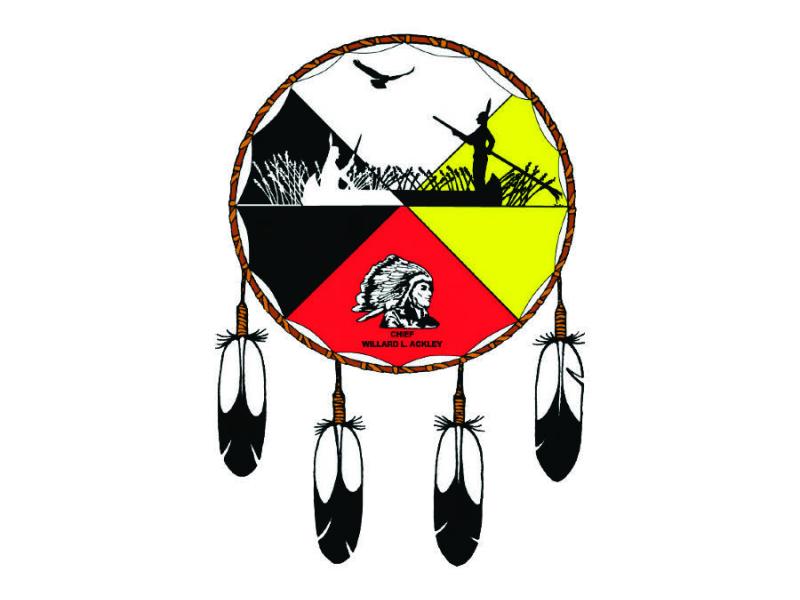The Great Lakes Indian Fish & Wildlife Commission is made up of our staff and our 11 member tribes; collectively we are the Commission. Together, we advocate for Ojibwe treaty rights and natural resources stewardship, acting on behalf of present and future generations.
GLIFWC's membership reflects the Bands that were signatory to the 1836, 1837, 1842, and 1854 Treaties. The collective area and boundaries outlined in those treaties are called Ceded Territory.
Michigan
Wisconsin
Michigan
Wisconsin
Minnesota
Minnesota
Wisconsin
Wisconsin
Michigan
Wisconsin
Wisconsin
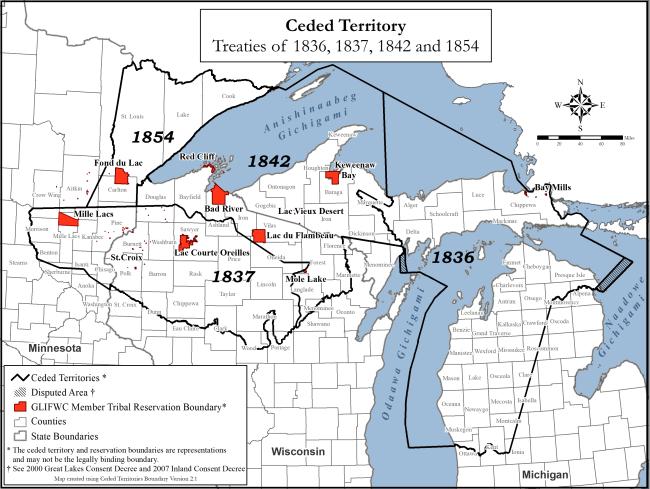
The Ojibwe Ceded Territories
Tribal signatories in the Ceded Territory reserved their ability to live a traditional life on their homelands in perpetuity. Agreements, or treaties, with the United States detail boundaries, harvest activities (hunting, fishing, gathering) federal trust responsibilities, and outline terms that recognize the Bands' inherent right to self-govern, or their sovereignty, and regulate off-reservation harvests.
Treaties are living documents; treaty rights are exercised mutually and their protection is an important part of respecting the ongoing nation-to-nation relationship tribes have with the United States.
The LCO v Voigt Decision (1983) led to the formal establishment of GLIFWC's structure, mission, and tribal membership.
